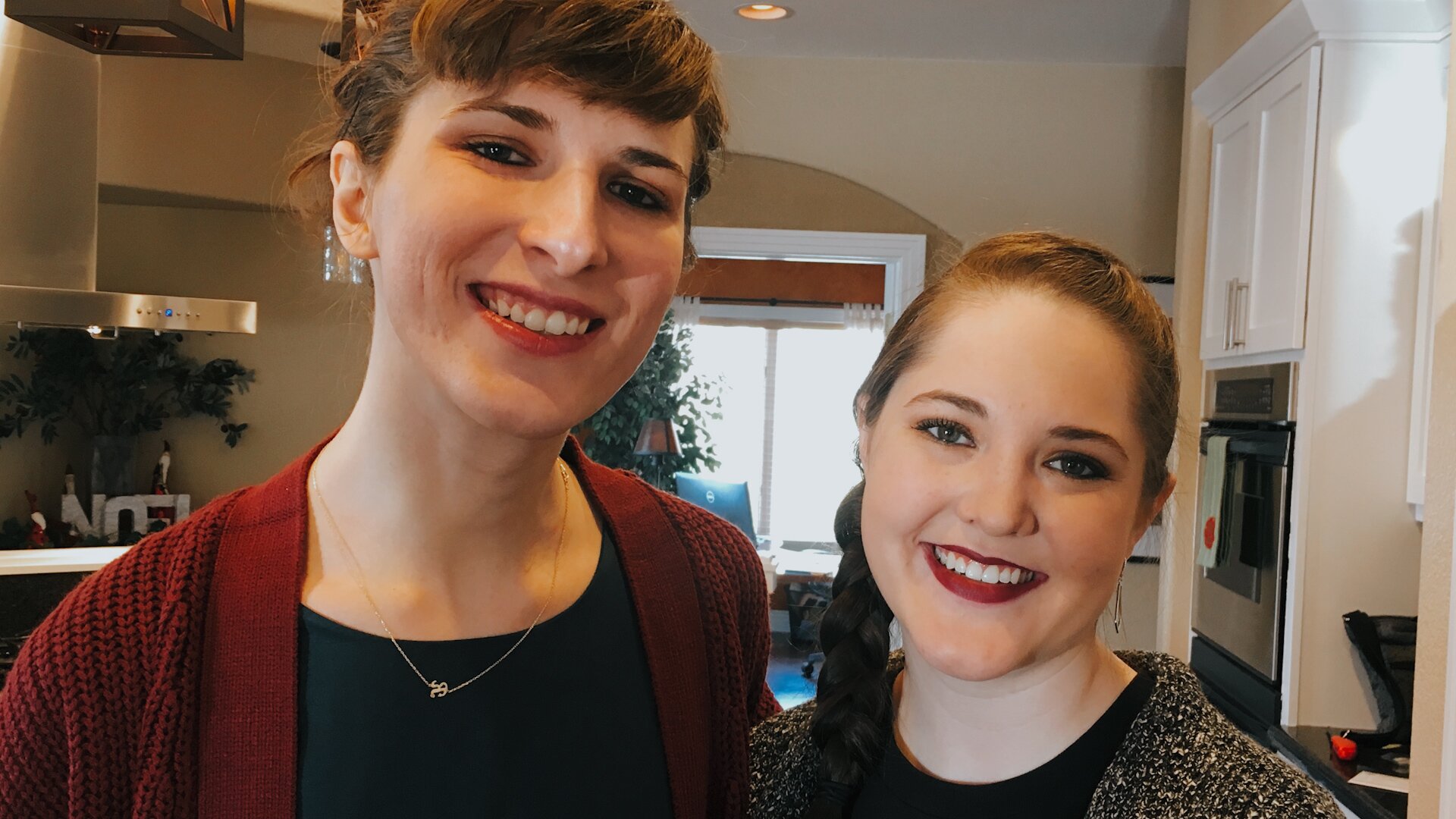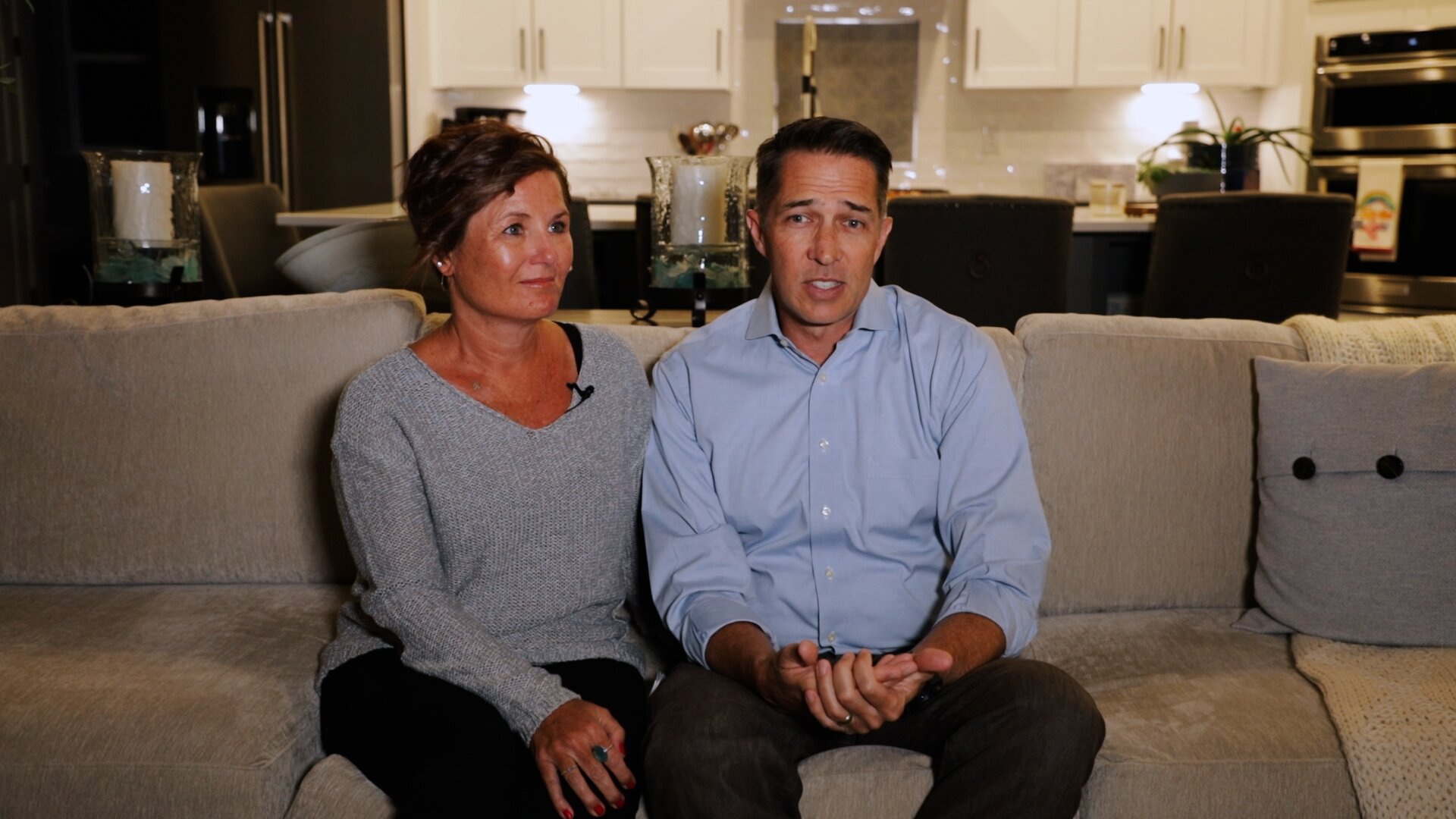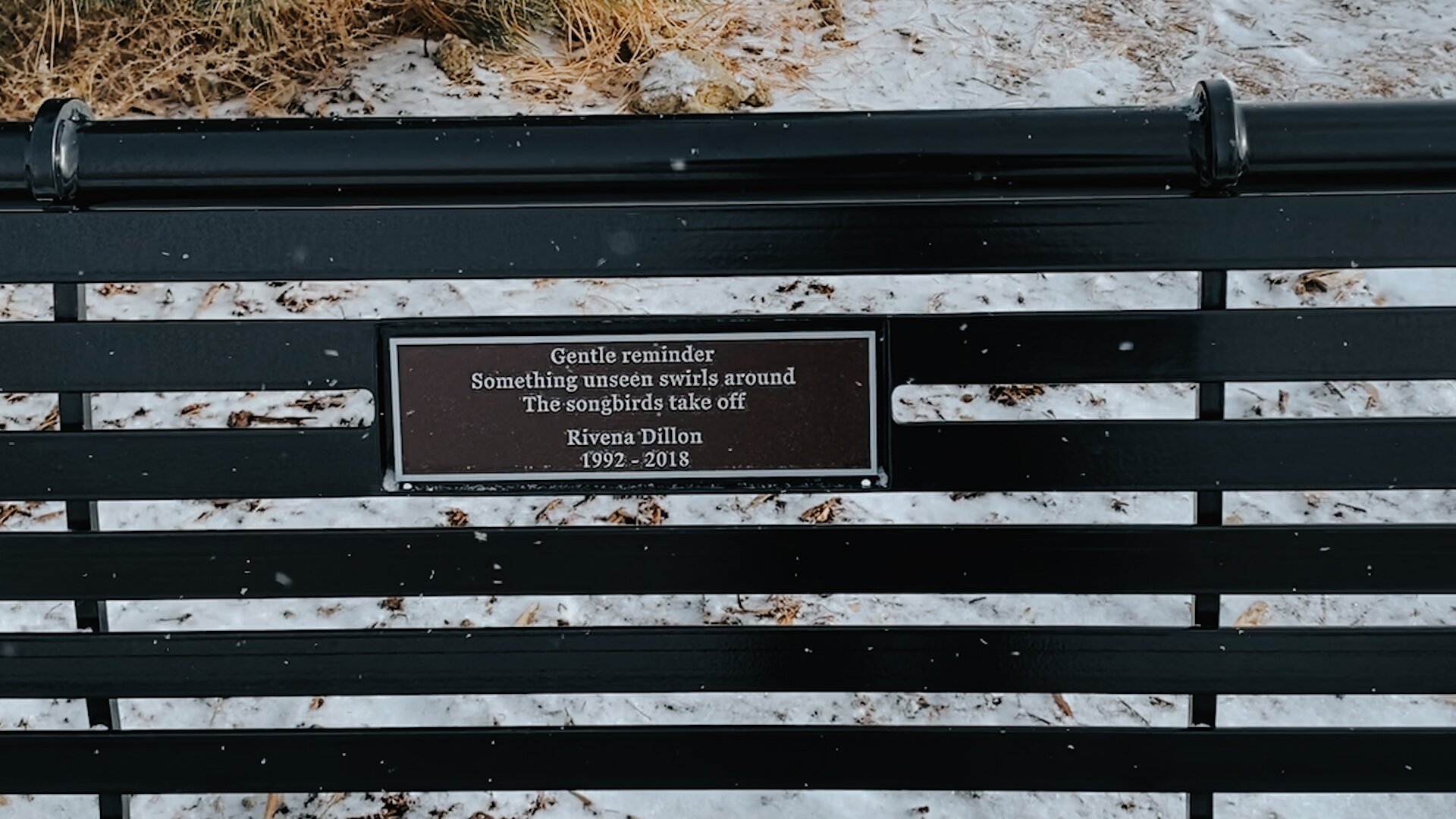Thornton family hopes to carry on legacy of kindness after death of transgender daughter

THORNTON, Colo. — Rivena Dillon was shy and kind-hearted. She was witty. She loved music and largely kept to herself, and she spread kindness and love to everyone fortunate enough to know her.
Though she had known for years prior, Rivena came out to her family as a transgender woman at 24 years old.
Rivena had just graduated from a coding boot camp after receiving a bachelor’s degree in physics from Colorado School of Mines. The night she finished her boot camp, Rivena told her parents she saw a future for herself as a transgender woman, the first time she felt she could live authentically.
“She just said, ‘I'm at this point now where I just graduated from this program. I see a future. And if I'm going to have a future, I've got to be true to myself,’” her mom, Kim Dillon, recalled. “She said ‘I’ve got to be true to who I am and honor that.’”
But one year later, Rivena's life ended. At 25 years old, Rivena’s family said her death came far too soon.
After coming out as transgender, Rivena began presenting in more feminine clothing and hairstyles. Her parents said the happiness that came with living authentically shined through, but the cruelty of a transphobic world struck unimaginable pain into her heart.
“People can be so cruel,” Kim said. “It’s hard to be transgender in this society.”
Kim and her husband Corey — Rivena’s father — both said Rivena struggled with depression most of her life, which they believe was compounded by her gender dysphoria. Once she came out and began presenting the way she always wanted to, Kim described Rivena’s life as a “rosy period,” as she felt she no longer had to hide herself.
The Mayo Clinic describes gender dysphoria as “the feeling of discomfort or distress that might occur in people whose gender identity differs from their sex assigned at birth or sex-related physical characteristics.” The clinic’s website states gender dysphoria is often associated with depression, anxiety, difficulty focusing and trouble performing in school or work.
A beautiful life
Kim and Corey said Rivena was brilliant and talented in school, but largely introverted. She was in the gifted program throughout her schooling, which her parents said gave her opportunities to express herself without needing to conform to social standards for other kids her age.
“Rivena was such a unique character with such a unique spirit,” Corey said. “It was an interesting combination of everything super. Super smart, not terribly coordinated, extremely kind, extremely loving and extremely hard on herself.”
Corey and Kim said Rivena was always her harshest critic, and she showed immense love to those around her. After she died, her parents discovered she had been financially supporting a young boy in Ecuador for the last two-and-a-half years of her life. She was a barista at Starbucks making very little money but spent most of what she had on helping others.
Her younger sister, Madison, said the two were not as close as she would have liked, as the four-year age difference made things difficult. But unlike most siblings, Madison said the two never fought, and her sister always supported her.
When their parents would be out for the night, Madison said the two would make frozen pizza and talk about teenage love interests the way adolescent friends do.
“She just had the biggest heart. She really cared for people. She was so accepting and so loving,” Madison said. “But she had a hard time accepting love and attention herself.”
Madison later came out as bisexual and said Rivena showed immense support. When Rivena came out as transgender, the two shared a bond of being in the LGBTQ+ community together.
“It was a great entry point for us to kind of talk about those things and talk about what it meant to be in this community, however you identify your sexuality or your gender — just what it is to be in this inclusive community,” Madison said. “When you’re in the LGBTQ community, you feel safe around other members of the community.”
When Rivena came out at 24, her parents said they were surprised at first. Her mother immediately jumped into “supportive mom mode,” and did all she could to let her daughter know she was loved no matter what. But her father said he had many questions and it took him a bit longer to fully understand and accept his daughter.
“As parents, we all have embedded expectations of our children,” Corey said. “We have to re-evaluate what those expectations really are. It was a process, and I think it came down to simply loving my daughter.”


A cruel world
Rivena did everything she could to make those around her feel loved, and her parents wish the world returned the same favor to her.
After she began socially transitioning — dressing in feminine clothes and changing her name and pronouns — her parents said she was rejected by people in the community. Her family said people would opt not to sit next to Rivena on the bus and the politicization of LGBTQ+ identities put her in bouts of depression.
“Politicizing an issue like gender identity has a massively detrimental impact on people who are transgender,” Corey said. “Look at this from a human decency and kindness perspective. It's amazing when you look at the world through a filter of kindness.”
After realizing her mental health was declining, Rivena’s parents helped her enter intensive therapies, and her therapists eventually ruled that in-patient residential treatment was her best option. The family said the only in-patient facilities they could find were outside of Colorado, and Rivena died in 2018 at an out-of-state treatment center.
Leaving a legacy
After their daughter’s death, Kim and Corey said they are dedicated to carrying out her legacy of kindness and inclusion. The two lobby with One Colorado, an LGBTQ+ advocacy organization, each year during the legislative session for statewide LGBTQ+ rights. Kim also participates in “free mom hugs,” at Pride events for LGBTQ community members who have been rejected by family and are seeking support from a motherly figure.
“It's amazing when you look at the world through a filter of kindness first,” Corey said. “Things look different. And you make different choices. You interact with people differently.”
Related Stories

Alexis Kikoen is the senior producer at Rocky Mountain PBS. You can reach her at alexiskikoen@rmpbs.org.
Alison Berg is a multimedia journalist at Rocky Mountain PBS. Alison can be reached at alisonberg@rmpbs.org or on Twitter @alison__berg.
If you have an immediate mental health crisis, please call Colorado Crisis Services at 1-844-493-8255 or text TALK to 38255. Or call the National Suicide Prevention Lifeline by dialing 988. You can also chat with the Lifeline.
For more resources for transequality you can find some here.
